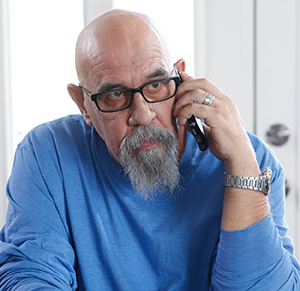Call your care team if you have:
-
A fever of 100.4˚F (38˚C) or higher, or as advised by your doctor.
-
Chills.
-
Sharp pain in the chest when you take a deep breath.
-
Bleeding from the incision sites.
-
Belly (abdominal) pain, nausea, constipation, or vomiting that doesn't go away.
-
Increasing pain that doesn't get better after taking pain medicine.
-
Swelling, redness, oozing, or cloudy discharge at the incision sites.
-
Bruising for no known reason.
-
Continued feeling of motion or clicking sounds in your breastbone.
-
Sudden weight gain. (Tell your doctor if you gain 1 to 2 pounds within 24 hours or more overnight, or 5 pounds or more in 1 week.)
-
More swelling of the legs, especially on the side where the vein was not removed.
-
Drainage or foul-smelling odor from the incisions on the chest or leg.
Call 911
Call
-
Shortness of breath or trouble breathing not relieved by rest.
-
Angina or chest pain symptoms.
-
Sweating a lot for no reason.
-
A sudden severe headache.
-
Sudden weakness and numbness in the face, arms, or legs, or difficulty speaking.
-
Dizziness or fainting spells.
-
A fast heartbeat, extremely slow heartbeat, or irregular heartbeat.
Featured in



